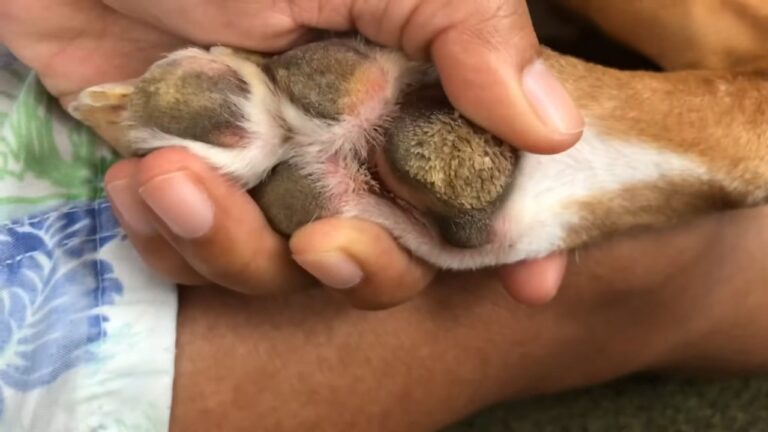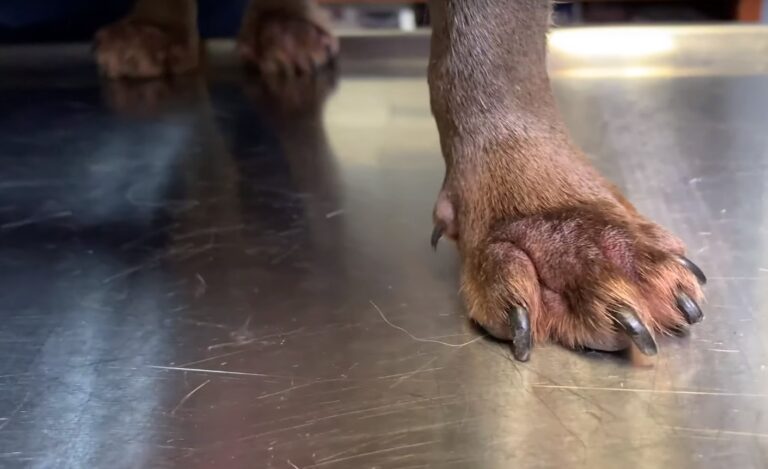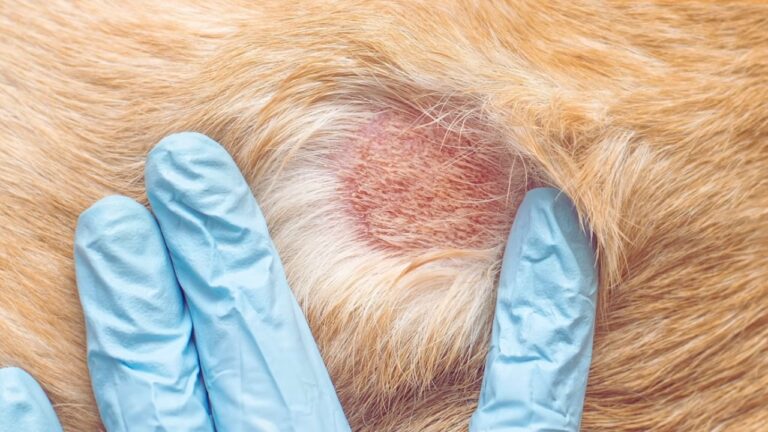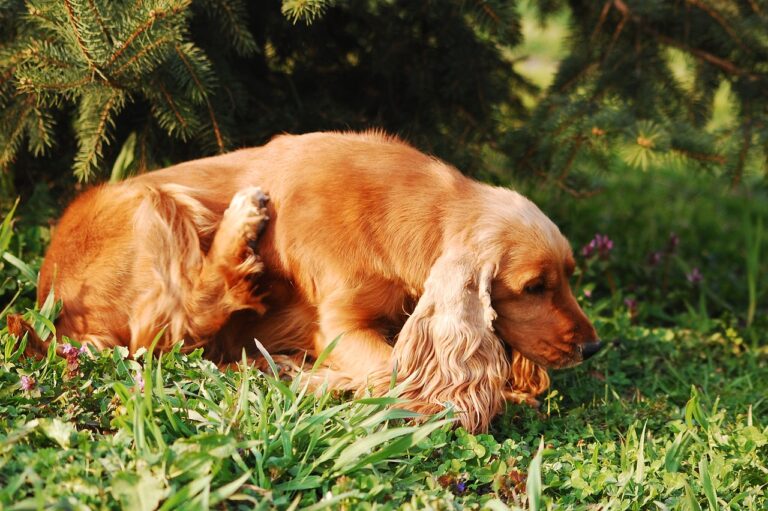Acorns represent a hidden danger for our little friends.
At first, this could seem like a harmless factor that can’t cause any harm. Often not noted, it is able to be a severe health difficulty for puppies.
Today, I will talk about several things:
- Acorns encompass dangerous materials like tannins, that may cause severe fitness troubles in your pet if ingested.
- Symptoms of acorn toxicity encompass vomiting, diarrhea, lethargy, and belly ache.
- Prompt remedy from a veterinarian is important after acorn ingestion to save you from extreme headaches like kidney failure or gastrointestinal blockage.
- Prevention techniques like a leash on foot in acorn-wealthy regions and schooling puppies to avoid picking up acorns are critical to safeguarding your puppy.
- Spreading awareness approximately acorn toxicity and taste in community efforts can assist create more secure environments for all puppies.
Acorn Toxicity in Dogs
Acorns, the fruit of okaytrees, aren’t as benign as they appear, particularly in relation to our 4-legged pals.
Dogs that chunk or ingest acorns expose themselves to dangerous substances contained inside those nuts.
The primary offender is tannins, a sort of natural compound that, while no longer harmful to human beings in small portions, can be quite poisonous to dogs. Tannins can cause gastrointestinal misery and, in severe instances, damage to vital organs.
Recognizing the Symptoms of Acorn Poisoning
The symptoms and symptoms of poisoning in puppies can vary from slight to extreme and are by and large dependent on the amount of acorns ingested and the size of the canine.
Common symptoms encompass drooling, retching, vomiting, diarrhea, lethargy, a lack of urge for meals, and belly ache.
These signs can improve speed, so it is critical for dog owners to be vigilant and responsive at the first sign of distress.
When to Treat Acorn Ingestion as a Medical Emergency
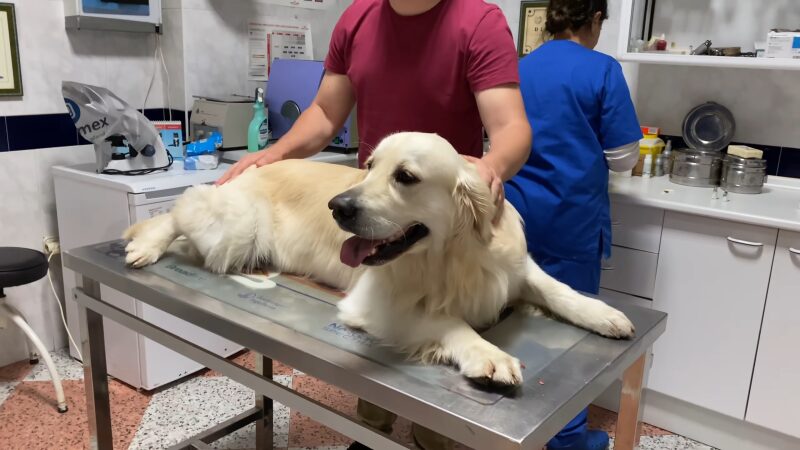
Not all instances of acorn ingestion will bring about a medical emergency, but it is crucial to know after they do. The severity of the scenario frequently hinges on the amount of acorns fed on and the size of your dog.
Smaller breeds, which include French bulldogs, are at a higher chance due to their size. Acute signs like chronic vomiting, bloody diarrhea, excessive lethargy, or signs of belly ache warrant on-the-spot veterinary interest.
Moreover, repeated ingestion of acorns can cause long-term fitness troubles together with kidney failure, liver damage, and gastrointestinal obstruction, which may be deadly if no longer treated promptly.
Immediate Actions and Treatment
If you suspect that your dog has ingested acorns, act quickly. The first step is to do away with any final acorns out of your puppy’s attain.
Next, call a vet or an emergency animal hospital for recommendations. Do now not try to set off vomiting until informed with the help of an expert, as this could on occasion motive more damage.
Treatment can also vary relying at the severity of the symptoms. In some cases, your vet might administer medicines to relieve signs and symptoms, offer supportive care, or, in extreme situations, carry out surgery to get rid of gastrointestinal blockages.
Recovery and Prognosis
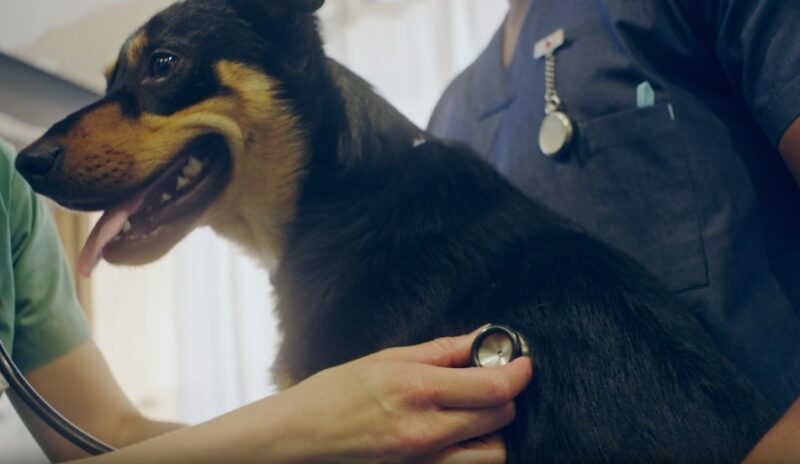
Statistics on Recovery
With set off veterinary intervention, the analysis for puppies which have ingested acorns is generally wonderful. Approximately 75% of puppies recover fully when handled quickly.
Recovery can also involve a period of nutritional management, close tracking, and follow-up visits to the vet.
It’s critical to comply with the vet’s instructions to make sure a easy recovery for your dog.
Preventive Measures
- To save you from acorn ingestion, continually stroll your dog on a leash in areas where acorns are typical. This permits you to persuade them far from capability risks.
- Teach your dog commands like ‘go away’ or ‘drop’ to prevent them from selecting up or consuming acorns.
- If you’ve got very well trees in your backyard, regularly clean away fallen acorns and all right leaves to reduce the hazard of your dog getting into touch with them.
Additional Considerations
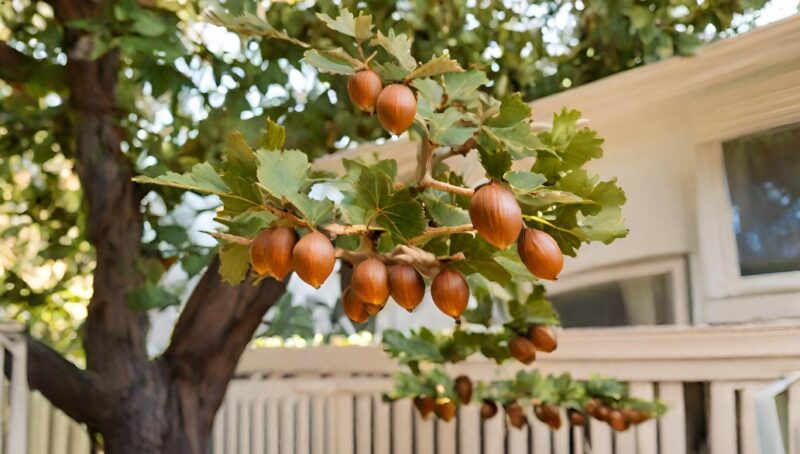
While acorns are a significant concern, it’s important to be aware of other potential outdoor hazards:
- Oak Leaves and Water Contamination: Not just acorns, but also oak leaves can be toxic if ingested by dogs. Additionally, water that has acorns and oak leaves soaking in it may also contain harmful tannins.
- Seasonal Awareness: Acorn falls are typically most abundant in autumn. Awareness during this season is particularly crucial.
- Other Toxic Plants: Familiarize yourself with other common toxic plants and objects in your area that pose a risk to dogs.
Safety in a Daily Routine
Adopting safety practices into daily routines can significantly reduce the risk of acorn ingestion for dogs. Consider the following strategies:
Routine Property Checks
Regularly inspect your property for acorns and other potential hazards, especially after storms or high winds, which might bring down more acorns or branches.
Safe Play Areas
Designate safe play areas for your dog, away from oak trees, to minimize the risk of accidental ingestion.
Dietary Awareness

- Dietary Vigilance: Keep a close eye on your dog’s diet and any changes in their eating habits, as these could indicate potential ingestion of harmful substances.
- Alternative Chew Toys: Provide safe, dog-friendly chew toys to keep them engaged and deter them from chewing on natural hazards like acorns.
Be Prepared
Even with the best measures of prevention and protection, emergencies can pop up. Here’s how to come prepared:
Emergency Kit
Have a dog-specific emergency pack near you, which includes gadgets like a first useful resource kit, your vet’s contact records, and a listing of emergency vet clinics.
Quick Response Plan
Develop a quick response plan in case you suspect your dog has ingested something harmful. This might include having transportation ready and knowing the quickest route to your vet or an emergency clinic.
Education and Training
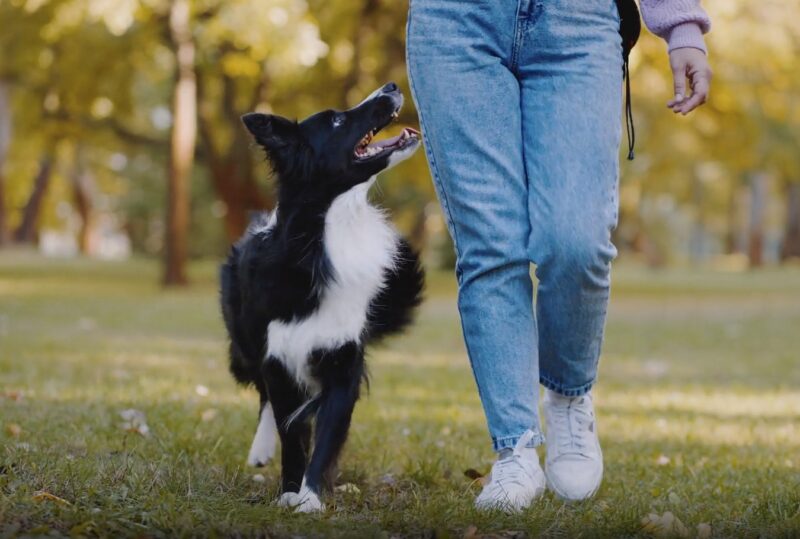
- Pet First Aid Courses: Consider taking a pet first aid course. These courses provide valuable information on how to handle a variety of emergency situations, including poisoning.
- Continual Learning: Stay informed about pet health and safety. Regularly reading veterinary blogs, attending pet health seminars, or joining pet health forums online can keep you updated on the latest information.
Final Thoughts
By taking the steps we pointed out, you are now not just safeguarding your dog but additionally contributing to a safer surroundings for the complete puppy network.
It’s via collective attempt and shared information that we will ensure the nicely-being of our liked dog partners.

